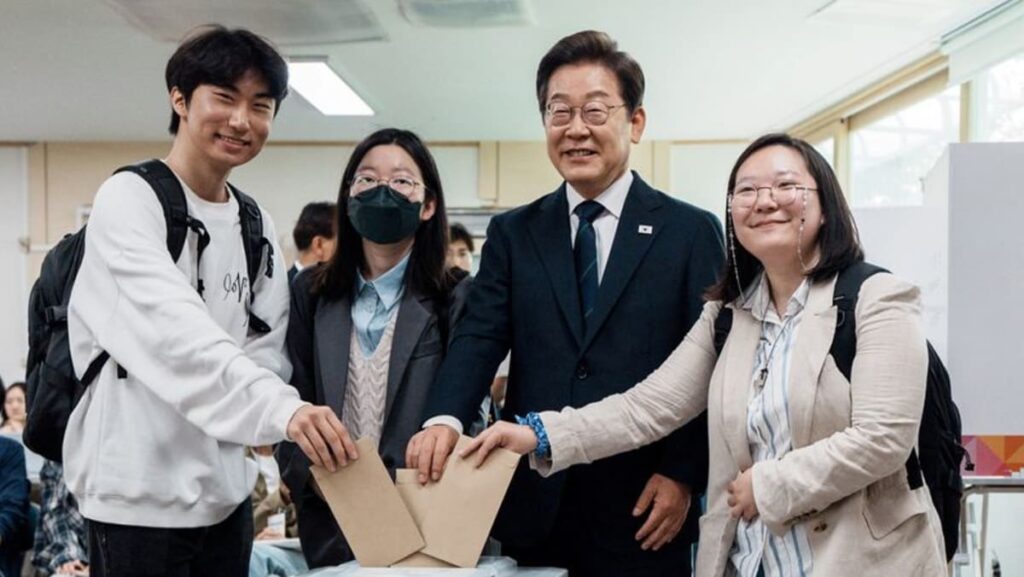SCEPTICISM IN WASHINGTON
Some in Washington wonder if Lee’s pivot on a range of issues will last, and how his views might clash with US President Donald Trump, who has slapped South Korea with tariffs, pressed it to pay more for the 28,500 troops stationed there, and upped competition with China.
“Great scepticism remains that Lee would actually stray from his previous advocacy for conciliation with China and North Korea, nationalist antagonism toward Japan and more independence in its alliance with the United States,” said Bruce Klingner, a former CIA analyst now at Washington’s Heritage Foundation.
While this pivot has expanded Lee’s appeal, “it also raises concerns about future policy and governing consistency,” Darcie Draudt-Vejares, of the Carnegie Endowment for International Peace, wrote in a report.
Much has changed in the three years since South Korea’s last liberal president, Moon Jae-in, left office, after overseeing a trade and political clash with Tokyo over historical disputes related to Japan’s 1910 to 1945 occupation of the Korean peninsula, and an ultimately failed attempt to broker lasting diplomatic deals between Trump and North Korean leader Kim Jong Un.
One Western diplomat, who asked not to be named, said China’s assertiveness, doubts about US commitments, and North Korea’s new cooperation with Russia means Lee may be unlikely to return to some of his earlier stances.
Lee has vowed to cooperate with Japan on security, technology, culture and environment, but he criticised Yoon for giving too many concessions with little in return.
“While Lee may not actively walk back Yoon’s reconciliation with Japan … his party will react more strongly to any perceived slight from Japan over history issues,” Klingner said.
Yoon and his conservatives raised the prospect of redeploying American nuclear weapons to the peninsula, or even developing their own arsenal to counter the North. But Lee has rejected those calls.



